SOFC-maker Bloom Energy announces initial strategy for hydrogen market entry; partnership with SK
Green Car Congress
JULY 20, 2020
This expansion of our product offering enables zero-carbon electricity and transportation solutions. Bloom Energy announced in June 2019 that its fuel cells could run on hydrogen to generate zero-carbon electricity. Bloom Energy Servers reversed this process by taking in fuel and air to generate electricity. —Jason Ahn.

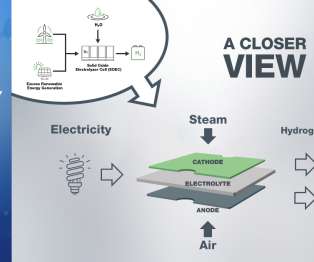



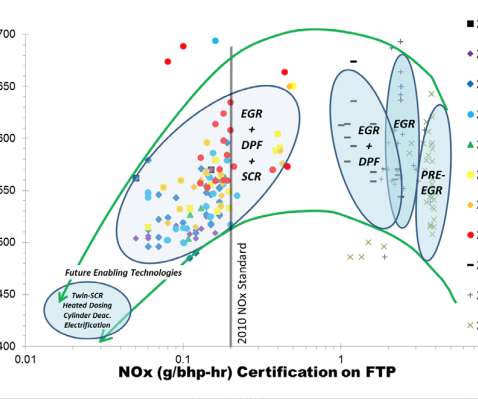





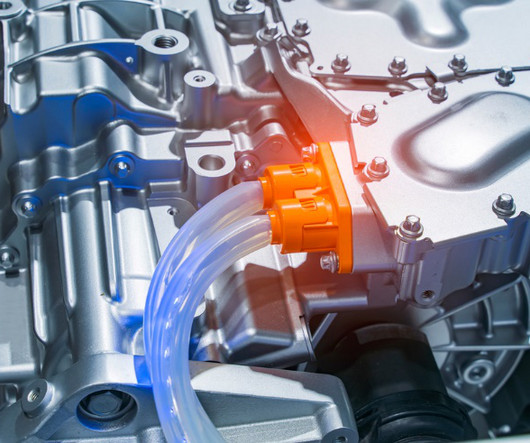



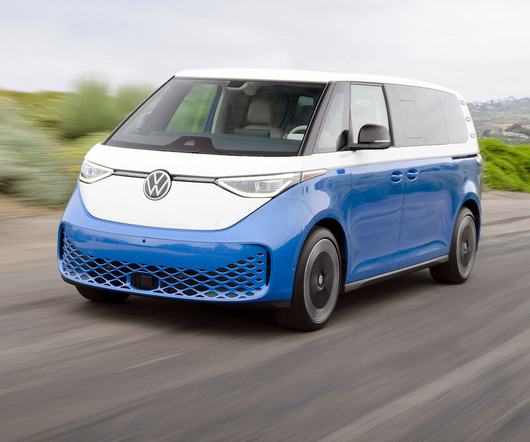



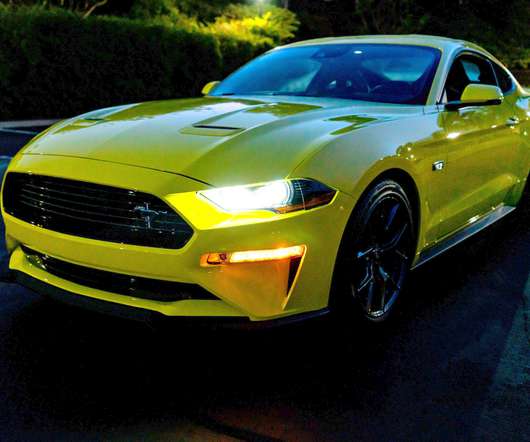













Let's personalize your content